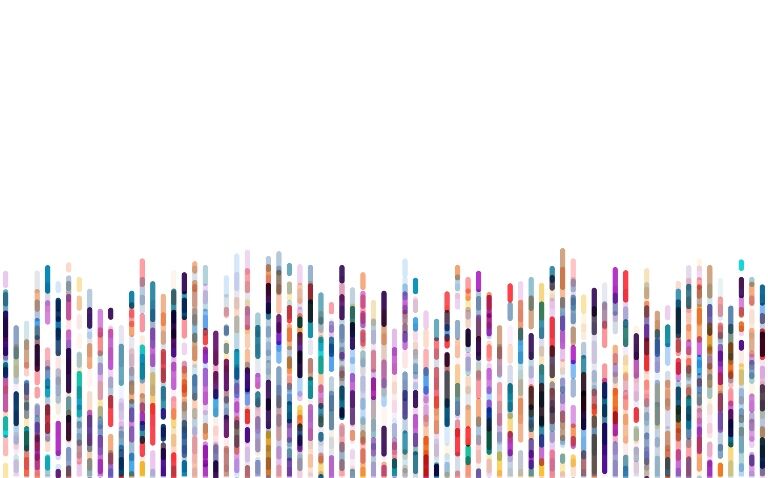Premature ovarian insufficiency (POI) in the majority of women is not due to autosomal dominant variants in genes, according to a recent analysis.
Published in the journal Nature Medicine, researchers set out to systematically evaluate the penetrance of purported pathogenic gene variants using exome sequence data in women with POI.
They considered 67 genes used in the Genomics England diagnostic gene panel for POI, and identified an additional 38 genes from additional literature.
The team used exome sequence data in 104,733 women from the UK Biobank, 2,231 of whom (1.14%) reported natural menopause under the age of 40 years.
The analysis showed limited evidence to support any previously reported autosomal dominant effect. In fact, for nearly all heterozygous effects on previously reported POI genes, researchers were able to rule out even modest penetrance. For instance, 99.9% of all protein-truncating variants were present in reproductively healthy women.
Taken together, these results suggest that in the vast majority of women, POI is not actually caused by autosomal dominant variants either in genes previously reported or currently evaluated in clinical diagnostic panels.
In other words, while there are specific genetic variants in women who experience premature menopause, it is unlikely that these variants are the underlying cause, since many are also found in those who experience a normal age menopause.
POI in context
POI affects an estimated 1% of the general population and results in cessation of ovarian function before the age of 40 years. Moreover, women with POI find that menstruation also stops around the same age. In recent years, it has become clear that POI is likely to have a genetic basis and although several candidate genes have been identified, it appears that POI is a genetically heterogeneous condition.










